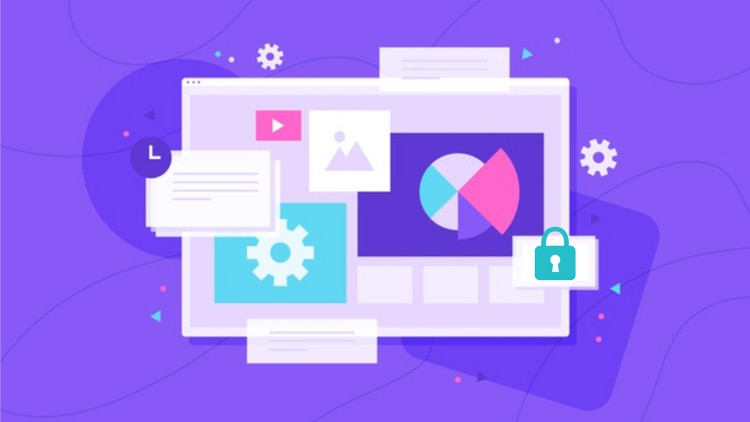Salesforce Administration (beginner to expert)
Prepare for Salesforce Certified Administrator Exam. Command Salesforce Administration tasks and become top CRM Analyst.
4.38 (109 reviews)

8,835
students
16 hours
content
Mar 2025
last update
$44.99
regular price
What you will learn
Become a successful Salesforce Administrator
Learn end-to-end Salesforce Administration tasks
Prepare for Salesforce Certified Administrator and Salesforce Certified Advanced Administrator Exams
Introduction and Signup Process of Salesforce
Salesforce Administrator Data Model
Salesforce Administrator Reports and Dashboard
Salesforce Administrator Data Management
Salesforce Admin Fundamentals
Salesforce Process Automation
Tools, Workflow Rule, Approval Process
Flow Builder, Process Builder, Validation Rules, WTC and WTL
Salesforce Security Model
Object Level Security (Profile), Object Level Security (Permission Set)
Record Level Security (OWD, Role Hierarchy, Sharing Rules and Manual Sharing)
Field Level Security
3680458
udemy ID
12/4/2020
course created date
2/6/2021
course indexed date
Bot
course submited by